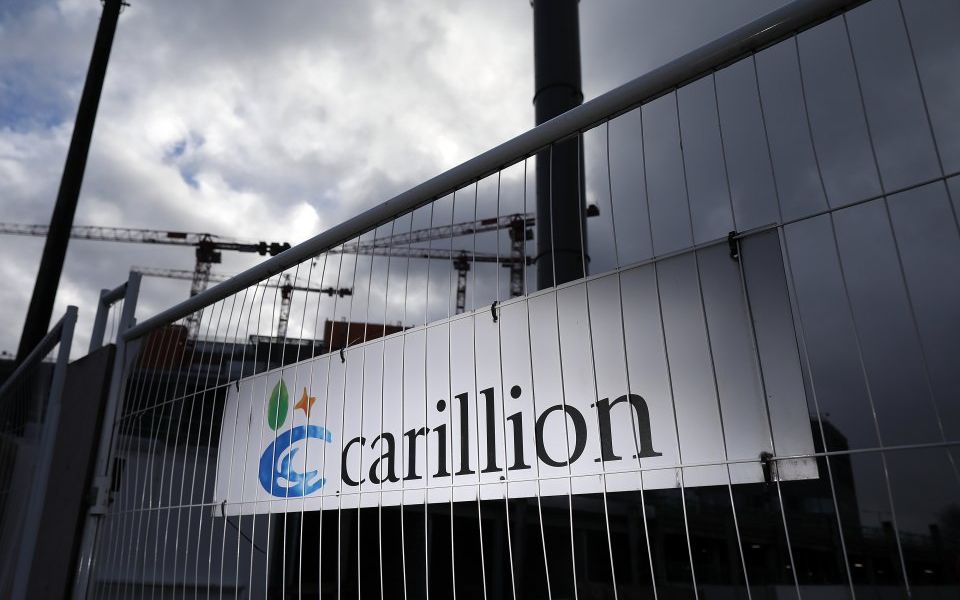One in five FTSE 350 firms still aren’t transparent about their pension deficit

One in five of the UK's 350 biggest firms are still are not disclosing the funding position or surplus of their defined benefit (DB) pension scheme.
Though that represents a major drop from 2016, when the figure was over two-thirds (67 per cent), the figures from Lincoln Pensions highlight the continuing issue with transparency around company pension schemes.
Lincoln's third Give us a Clue report also said over a quarter of FTSE 350 companies did not disclose the length of their recovery plan, down from 54 per cent two years ago.
The findings also showed none of the FTSE 350 disclosed their scheme's funding position on any alternative valuation basis, meaning stakeholders are not given a full picture of the size of a company's potential pension deficit.
Read more: Experts sceptical of new powers for Pensions Regulator
Richard Farr, managing director of Lincoln Pensions, said disasters such as BHS and Carillion could have been seen earlier if there had been greater transparency in the companies' accounts.
He said:
BHS was seen as the slow lingering death of a faded retail formula, whereas, Carillion was seen as the new face of government outsourcing.
We believe that many of the issues associated with cases of this nature could have been identified much earlier through greater transparency in the accounts.
DB pension schemes are often one of, if not, the largest obligations for a corporate sponsor. Whilst there have been significant improvements made in basic disclosures over the past 18 months, we believe that a continued push is absolutely necessary.
Read more: Half of BHS's former stores are still empty
Earlier this month, figures from Mercer showed the DB scheme deficits of FTSE 350 companies had increased by £2bn in August to £34bn, the second month in a row where it had risen.
Despite that, the total deficit of these schemes has still more than halved since the start of the year.